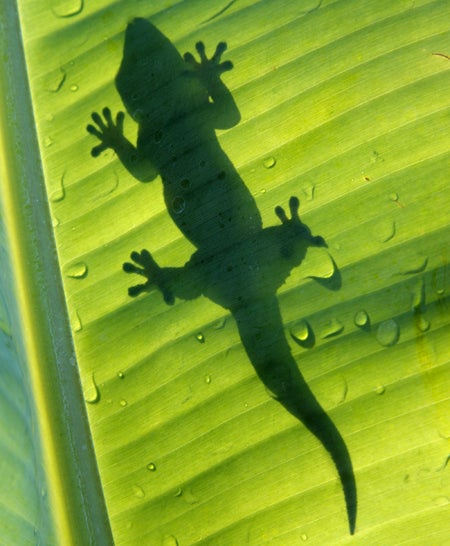
Your support helps us to tell the story
From reproductive rights to climate change to Big Tech, The Independent is on the ground when the story is developing. Whether it's investigating the financials of Elon Musk's pro-Trump PAC or producing our latest documentary, 'The A Word', which shines a light on the American women fighting for reproductive rights, we know how important it is to parse out the facts from the messaging.
At such a critical moment in US history, we need reporters on the ground. Your donation allows us to keep sending journalists to speak to both sides of the story.
The Independent is trusted by Americans across the entire political spectrum. And unlike many other quality news outlets, we choose not to lock Americans out of our reporting and analysis with paywalls. We believe quality journalism should be available to everyone, paid for by those who can afford it.
Your support makes all the difference.What courses? Ecology; environmental biology; geological sciences; zoology; molecular biology; environment and development. Plus a host of specialist ecology degrees including agricultural ecology, marine ecology, plant ecology and human ecology.
What do you come out with? Most likely a BSc, or a BA depending on the course title and university.
Why do it? "Ecology is about discovering how organisms interact with each other and their environment. If you want to understand the ways life on our planet works and changes, and you love biology, conservation, management, planning or health, then a degree in ecology will provide you with the skills to become an environmental scientist, manager or consultant." - Dr Martin Bidartondo, division of biology, Imperial College London
What’s it all about? Looking at plant and animal species and how they interact with one another within the ecosystems around us. Through the study of the composition, distribution, amount (biomass), number, and changing states of organisms within such ecosystems, ecologists aim to understand them better and improve their future prospects. As a multi-discplinary subject, you'll touch on chemistry, earth sciences, physics, geological sciences, and genetics. Most courses offer a first broad year common for all students, before specialising in the second year onward. Expect to work out in the field, getting your hands dirty collecting data and analysing ecosystems in their natural environment.
Study options: Most courses are three years full-time, although some universities offer a four year sandwich programme, where students spend the third year away on a professional placement with a related organisation. Many also offer an opportunity to study abroad.
What will I need to do it? Biology is essential at A-level, and most insitutitions ask for at least one more science or maths. Entry grades differ depending on university, but as you can expect, top institutions ask for straight As.
What are my job prospects? In both the private and public sector the demand for qualified ecologists is growing as our environmental problems increase. Students can head for charitable organisations, wildlife and woodland trusts, environmental consultancy, or local or national government. Some also opt to go into research, teaching or further study. Although it does not have a specific listing for ecology students, The Times’ Good University Guide 2012 says one quarter of biological sciences graduates find themselves in graduate-level jobs within six months of finishing, while another quarter are employed in non-graduate roles. Starting salaries average just over £19,000 for graduate-level positions, placing biological science in the bottom 20 for subjects’ graduate earnings.
Where’s best to do it? Cambridge is at the top in the Complete University Guide 2012 for geography and environmental sciences, and biological sciences, followed by Oxford and the Imperial. Students at Gloucestershire and York said they were the most satisfied with their course in biological sciences. Geography and environmental sciences register the most satisfied students at Chester, Glamorgan and Cambridge.
Related degrees: Biological sciences; earth and environmental sciences; zoology; geography; agriculture.
Join our commenting forum
Join thought-provoking conversations, follow other Independent readers and see their replies
Comments